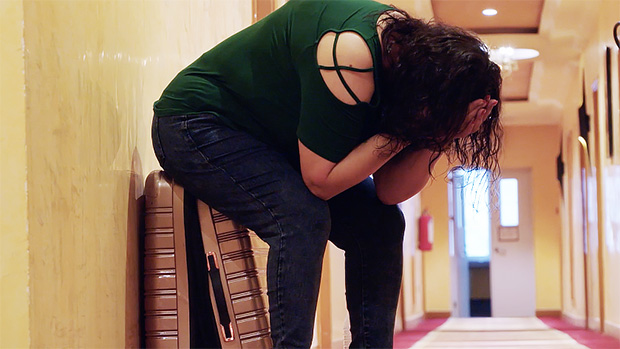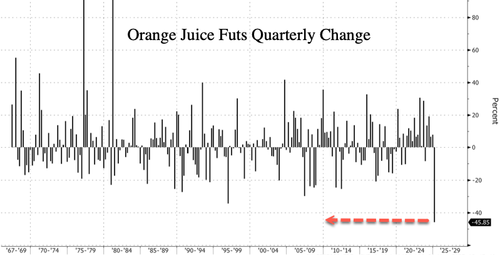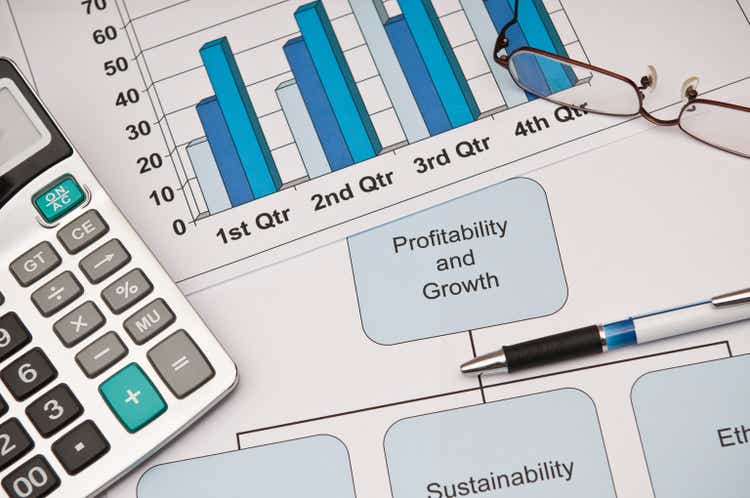The writer is an FT contributing editor and teaches history at Columbia University
Pandemic, drought, floods, mega storms and wildfires, threats of a third world war — how rapidly we have become inured to the list of shocks. So much so that, from time to time, it is worth standing back to consider the sheer strangeness of our situation.
As former US Treasury secretary Lawrence Summers recently remarked: “This is the most complex, disparate and cross-cutting set of challenges that I can remember in the 40 years that I have been paying attention to such things.”
Of course, familiar economic mechanisms still have huge power. A bond market panic felled an incompetent British government. It was, you might say, a textbook case of market discipline. But why were the gilt markets so jumpy to begin with? The backdrop was the mammoth energy subsidy bill and the Bank of England’s determination to unwind the huge portfolio of bonds that it had piled up fighting the Covid-19 pandemic.
With economic and non-economic shocks entangled all the way down, it is little wonder that an unfamiliar term is gaining currency — the polycrisis.
A problem becomes a crisis when it challenges our ability to cope and thus threatens our identity. In the polycrisis the shocks are disparate, but they interact so that the whole is even more overwhelming than the sum of the parts. At times one feels as if one is losing one’s sense of reality. Is the mighty Mississippi really running dry and threatening to cut off the farms of the Midwest from the world economy? Did the January 6 riots really threaten the US Capitol? Are we really on the point of uncoupling the economies of the west from China? Things that would once have seemed fanciful are now facts.
This comes as a shock. But how new is it really? Think back to 2008-2009. Vladimir Putin invaded Georgia. John McCain chose Sarah Palin as his running mate. The banks were toppling. The Doha World Trade Organization round came to grief, as did the climate talks in Copenhagen the following year. And, to top it all, swine flu was on the loose.
Former European Commission president Jean-Claude Juncker, to whom we owe the currency of the term polycrisis, borrowed it in 2016 from the French theorist of complexity Edgar Morin, who first used it in the 1990s. As Morin himself insisted, it was with the ecological alert of the early 1970s that a new sense of overarching global risk entered public consciousness.
So have we been living in a polycrisis all along? We should beware complacency.
In the 1970s, whether you were a Eurocommunist, an ecologist or an angst-ridden conservative, you could still attribute your worries to a single cause — late capitalism, too much or too little economic growth, or an excess of entitlement. A single cause also meant that one could imagine a sweeping solution, be it social revolution or neoliberalism.
What makes the crises of the past 15 years so disorientating is that it no longer seems plausible to point to a single cause and, by implication, a single fix. Whereas in the 1980s you might still have believed that “the market” would efficiently steer the economy, deliver growth, defuse contentious political issues and win the cold war, who would make the same claim today? It turns out that democracy is fragile. Sustainable development will require contentious industrial policy. And the new cold war between Beijing and Washington is only just getting going.
Meanwhile, the diversity of problems is compounded by the growing anxiety that economic and social development are hurtling us towards catastrophic ecological tipping points.
The pace of change is staggering. In the early 1970s the global population was less than half what it is today, and China and India were desperately poor. Today the world is organised for the most part into powerful states that have gone a long way towards abolishing absolute poverty, generates total global gross domestic product of $90tn and maintains a combined arsenal of 12,705 nuclear weapons, while depleting the carbon budget at the rate of 35bn metric tonnes of CO₂ a year. To imagine that our future problems will be those of 50 years ago is to fail to grasp the speed and scale of historical transformation.
So, what is the outlook? In a world that one could envisage being dominated by a single fundamental source of tension, you could imagine a climactic crisis from which resolution might emerge. But that kind of Wagnerian scenario no longer seems plausible. Modern history appears as a tale of progress by way of improvisation, innovation, reform and crisis-management. We have dodged several great depressions, devised vaccines to stop disease and avoided nuclear war. Perhaps innovation will also allow us to master the environmental crises looming ahead.
Perhaps. But it is an unrelenting foot race, because what crisis-fighting and technological fixes all too rarely do is address the underlying trends. The more successful we are at coping, the more the tension builds. If you have found the past few years stressful and disorientating, if your life has already been disrupted, it is time to brace. Our tightrope walk with no end is only going to become more precarious and nerve-racking.
















